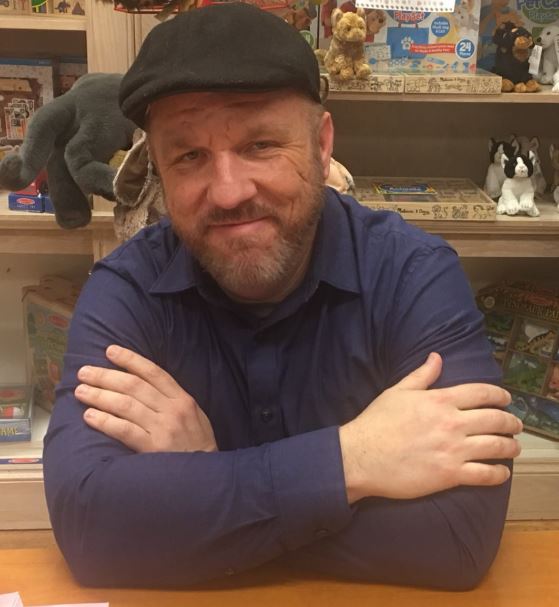Joe Perry Talks Aerosmith, Touring with Slash and His Upcoming Autobiography
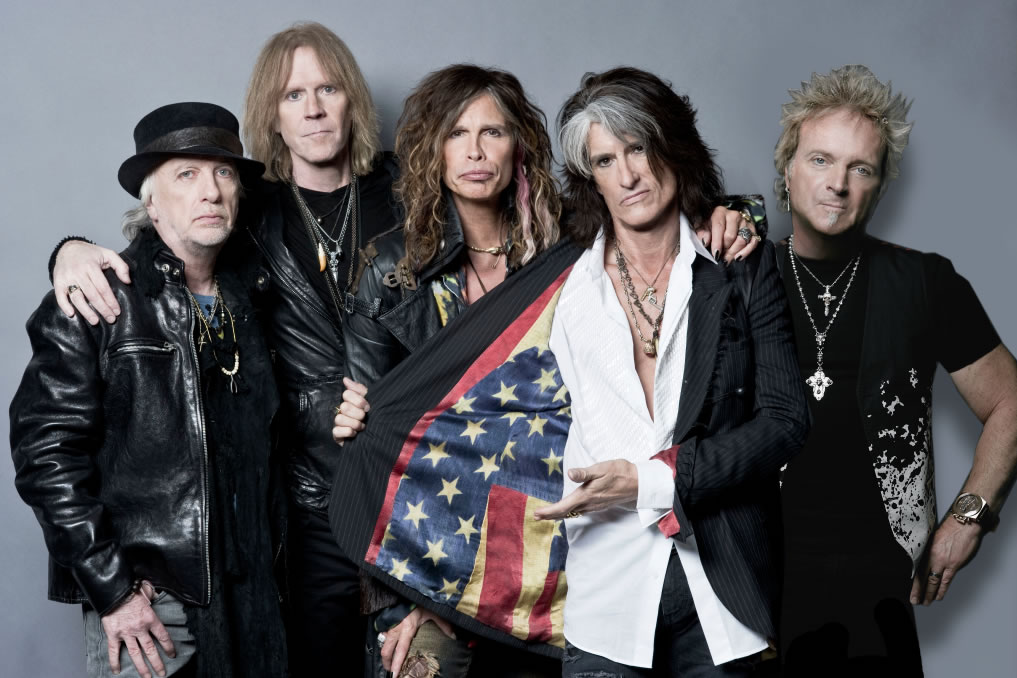
Since their start in the early Seventies — when they were fixtures of Boston's vibrant music scene — Aerosmith have sold more than 150 million albums, garnered countless awards (including four Grammys) and have been inducted into the Rock and Roll Hall of Fame.
They’ve crossed musical genres with their signature song “Walk This Way,” while their most recent album, 2012’s Music From Another Dimension, debuted at Number 5 on the Billboard 200.
There have been ups and downs along the way, but perhaps no band defines success better than Aerosmith. So it only makes sense that Steven Tyler (vocals), Joe Perry (lead guitar), Brad Whitford (guitar), Tom Hamilton (bass) and Joey Kramer (drums) would team up with another musical giant — Slash (along with Myles Kennedy and the Conspirators) — for a summer tour like no other.
The new Aerosmith/Slash North American tour, Let Rock Rule, will start July 10 in Wantaugh, New York, and end September 12 in Sydney, Nova Scotia.
I recently spoke with Perry about the Let Rock Rule Tour. He also gave me an update on his next solo album and a first look at his new autobiography, Rocks: My Life In and Out of Aerosmith, which will hit shelves October 7.
GUITAR WORLD: Did you ever think that more than 40 years after the band’s formation we’d be talking about yet another killer Aerosmith tour?
No, I really didn't [laughs]. But in the bigger picture, I don't think anyone could have predicted that the business would have carried on as long as it did. We've seen a lot of changes in this business of rock and roll. We’ve seen it go from an underground meeting for a new generation of people to becoming a social revolution where the music became the theme (and sometimes even helped drive it). Then we watched the whole thing collapse and change with the way people receive their music. It's tough to say where things are going to go from here, but the good thing is that fans still want rock and new music. When we see the fans out there, they’re as excited as ever to see rock and roll in the flesh. It's the end of an era and a whole different world.
Get The Pick Newsletter
All the latest guitar news, interviews, lessons, reviews, deals and more, direct to your inbox!
You recently said you play every show like it’s your last and that some nights might be better than others. How do you know when the band is really in a zone?
From the audience. We know they bought tickets to come see us and are counting on us to deliver the best show we can. It's about getting into that frame of mind and then letting the audience drive you. When the set list is working, production and lights, all of the things you sometimes take for granted when you go to a rock show. It’s years of experience and finding the right guys willing to put up with the ups and downs and pushing it to the edge. An Aerosmith show is about excitement. It's a train that's about to go off of the tracks but doesn't. It’s about getting you to that point and just about taking your breath away, and then moving on. That's how I judge a good show.
The first time you toured with Slash was on the Permanent Vacation tour with Guns N’ Roses. What were your initial thoughts of that band?
They were great and really made a mark in rock and roll history. It's a shame that whatever energy they saw in each other on that first record they couldn't sustain. They made a great record and could have been huge all around the world for as long as they wanted. But it takes more than talent and being in the right place at the right time to keep a band together. It's the reason I wanted to write the book. Not just to talk about how I ended up doing what I do, but also to give people insight into what some of the pressures can be and what has to be done to keep things moving. In spite of the personality crises, you have to learn how to deal with it and keep going. Then you can look back and go, "You know, we were literally just kids when we started trying to do what 10,000 other kids were trying to do. Now here we are 40 years later and — where's everybody else? [laughs].
What else can you tell me about your upcoming biography?
Aerosmith fans will get a kick out of it because there's a lot of stuff in the book that may come as a surprise. But what I'm really hoping is that people discover that it deals a lot about human nature and how people get along. You don't necessarily have to be an Aerosmith fan or a rock and roller to relate to or appreciate some of the situations we found ourselves in — and how we worked them out.
Can you tell me how you came up with “Walk This Way”?
I was always a big fan of R&B and blues and had a special affinity for the music that was coming out of New Orleans. I remember there was a band there called the Meters that was really laid back and funky that I was listening to a lot. I thought it might be interesting to see if I could find something that would be inspired by that kind of music.
One day at a sound check I had this tempo and rhythm going in my head and literally just started playing it. I remember Joey [Kramer] was on his drums warming up and I asked him to play a certain tempo (without being too specific) and the pieces came together pretty quick. Then we went back to New York and recorded it. It was a while before the lyric section came around, but it was really inspired by the Meters.
Back in the Eighties, rap and hip-hop was seen as sort of the “anti-rock." When Run-DMC approached you about doing "Walk This Way," did you have any reservations?
I didn't have any reservations at all. I saw hip-hop as being natural and the next step from the blues. There are so many similarities in the way it’s put together. It's simplicity and what it's based around. It's really about guys getting together and talking about their lives. It's interesting to see the links of the chains that go way back to the 1920s and Thirties and how songs today are still based on that music from the Delta. To me, it’s a natural evolution.
Can you give me an update on your next solo album and new Aerosmith music?
I've done five solo albums now and am working on my sixth. As it turns out, it's taken a little longer than I expected but it's all going to work out OK. After the book promotion I'll probably take a little time off and then finish it up. It probably will come out sometime next year. As far as Aerosmith goes, I'm not really sure yet. We've talked about it. It may turn out that we feel inspired and want to get back into the studio. We’ll see.
I know you’ll be speaking a lot about this in the book, but, as a musician, is there a highlight of your career that you feel is most memorable?
Its got to be that period where you realize that all of sudden the club that you've been playing in for years is crowded. Where at one time, the only people who were there were just your close friends and a small gathering of fans.
I remember we had been out of Boston touring around the mid-west when “Dream On” had been re-released and had gotten a lot of airplay in Boston. We came back and suddenly every place that we played was filled, from the theaters to even some of the bigger clubs. Over those next couple of months it was like, "Holy shit! This is really happening! People are listening to our songs!" After all of the time and work you put into it, that's got be the most exciting time for any band.
James Wood is a writer, musician and self-proclaimed metalhead who maintains his own website, GoJimmyGo.net. His articles and interviews are written on a variety of topics with passion and humor. You can follow him on Twitter @JimEWood.
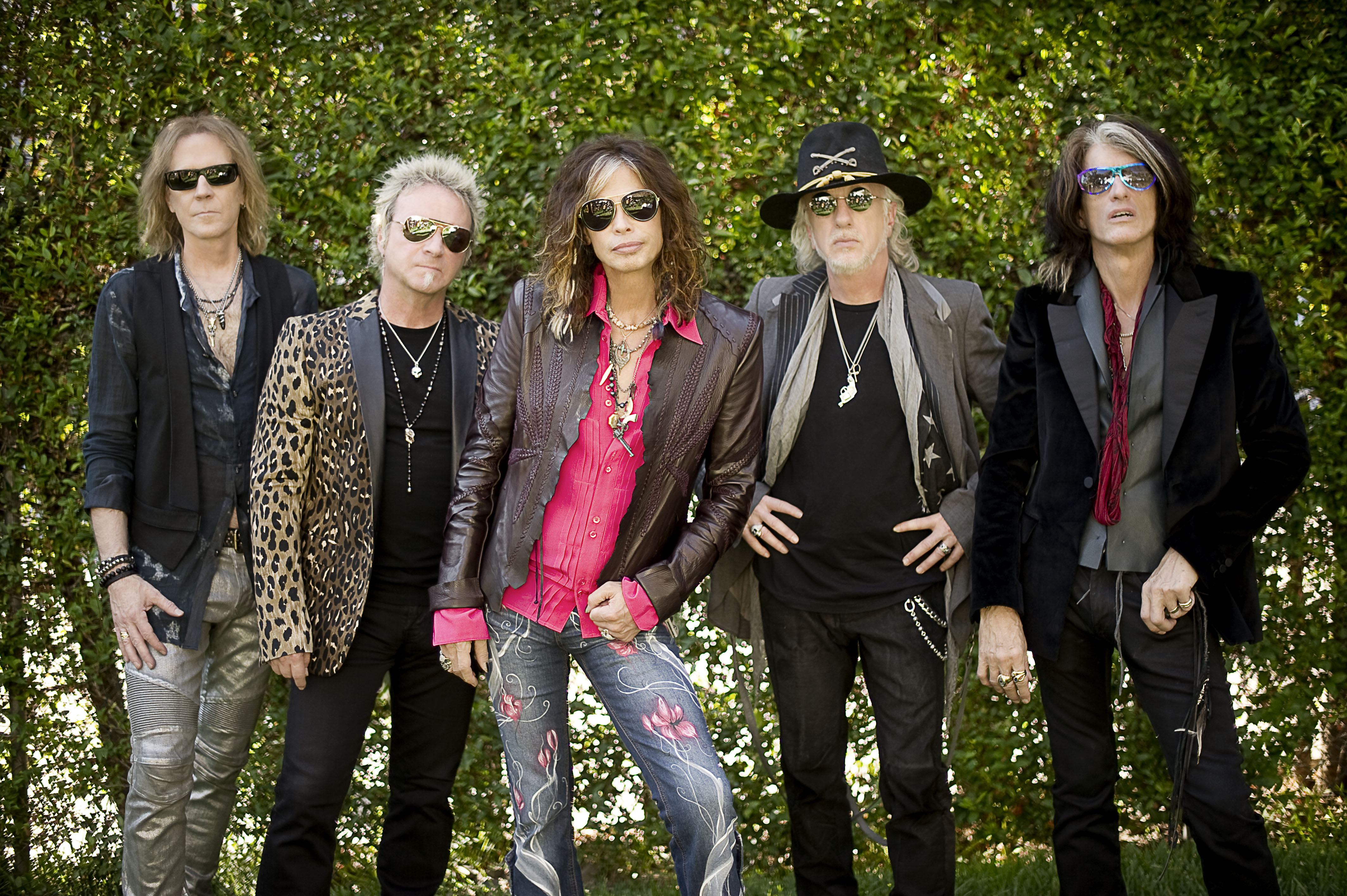
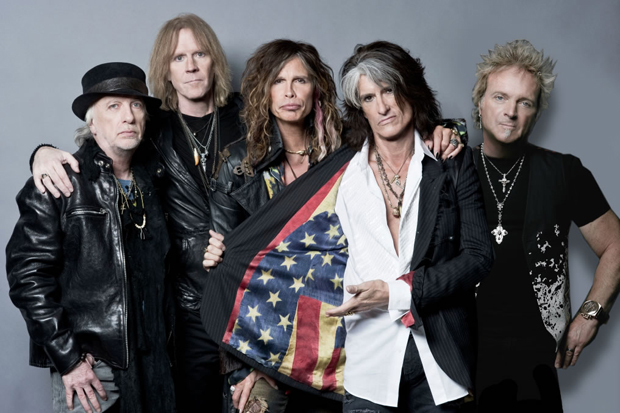
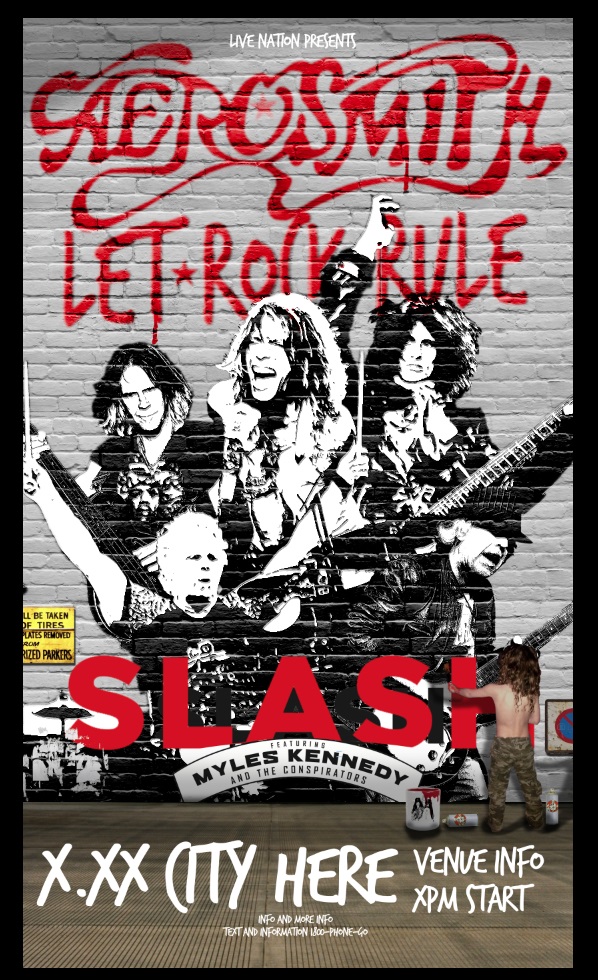
James is a guitarist and freelance writer who's interviewed some of the biggest names in music. He is the author of four books and his writing credits include work for Guitar World, AXS and Yahoo! as well as for his hometown newspaper where he writes on a variety of topics with both passion and humor. As a guitarist, he's performed everywhere from local bars and nightclubs to some of the biggest stages in front of thousands of music fans.
“A virtuoso beyond virtuosos”: Matteo Mancuso has become one of the hottest guitar talents on the planet – now he’s finally announced his first headline US tour
“His songs are timeless, you can’t tell if they were written in the 1400s or now”: Michael Hurley, guitarist and singer/songwriter known as the ‘Godfather of freak folk,’ dies at 83
